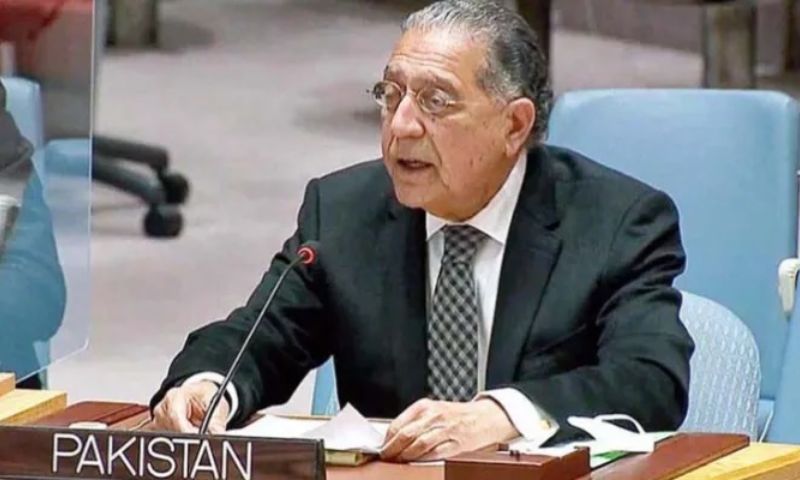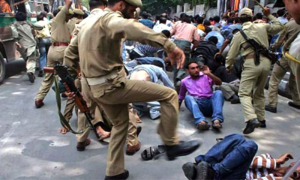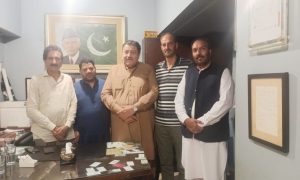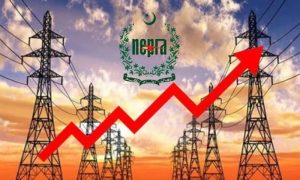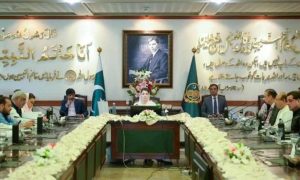UNITED NATIONS: Pakistan’s permanent representative to the UN, Ambassador Munir Akram, called for the UN Security Council to broaden its focus from combating Al-Qaeda and ISIS/Da’esh to include Hindutva groups in India and state terrorism in occupied regions like Palestine and Kashmir.
In a recent address to the UN General Assembly, he questioned the Security Council’s role for its narrow focus on certain terrorist groups, stating that terrorism has proliferated globally. He argued that the current listing and sanctions processes are “cumbersome and politicized,” and that the Council has overlooked extremist organizations such as Hindutva groups, which target Muslims, as well as state terrorism used to oppress and brutalize populations in occupied territories.
Ambassador Munir Akram told the General Assembly that the Security Council’s work on counter-terrorism needs urgent reforms. He emphasized that the Council has failed to distinguish between terrorism and legitimate struggles for self-determination by people under colonial and foreign domination.
Ambassador Munir Akram proposed several measures to improve the transparency and accountability of the Security Council’s work. These include open discussions allowing input from concerned states and parties after Council decisions are made, transparent selection and appointment of expert panels and Special Representatives of the Secretary-General with balanced regional representation, and the establishment of a body to monitor and facilitate the implementation of its resolutions, particularly those related to Palestine and Kashmir.
He also stressed the significance of expanding the number of non-permanent members to enhance the Council’s representativeness and reduce the dominance of permanent members. Munir Akram warned that adding new permanent members would undermine the principles of sovereign equality and equity, further paralyzing the Council.
The debate was opened by the President of the General Assembly, Dennis Francis, who highlighted the current global tensions and conflicts. Francis emphasized that the millions affected by conflict, poverty, and crises see the UN as a single united organization, irrespective of the distinctions between its various bodies. He noted that 2023 was a particularly deadly year for civilians from Gaza to Sudan and that geopolitical tensions have hampered the Council’s ability to maintain peace, with five resolutions and one amendment vetoed in 2023.
The 193-member General Assembly, Francis reminded delegates, is the most representative organ of the United Nations. He urged them to view the debate as an opportunity to assess the Council’s actions on behalf of the Member States.









